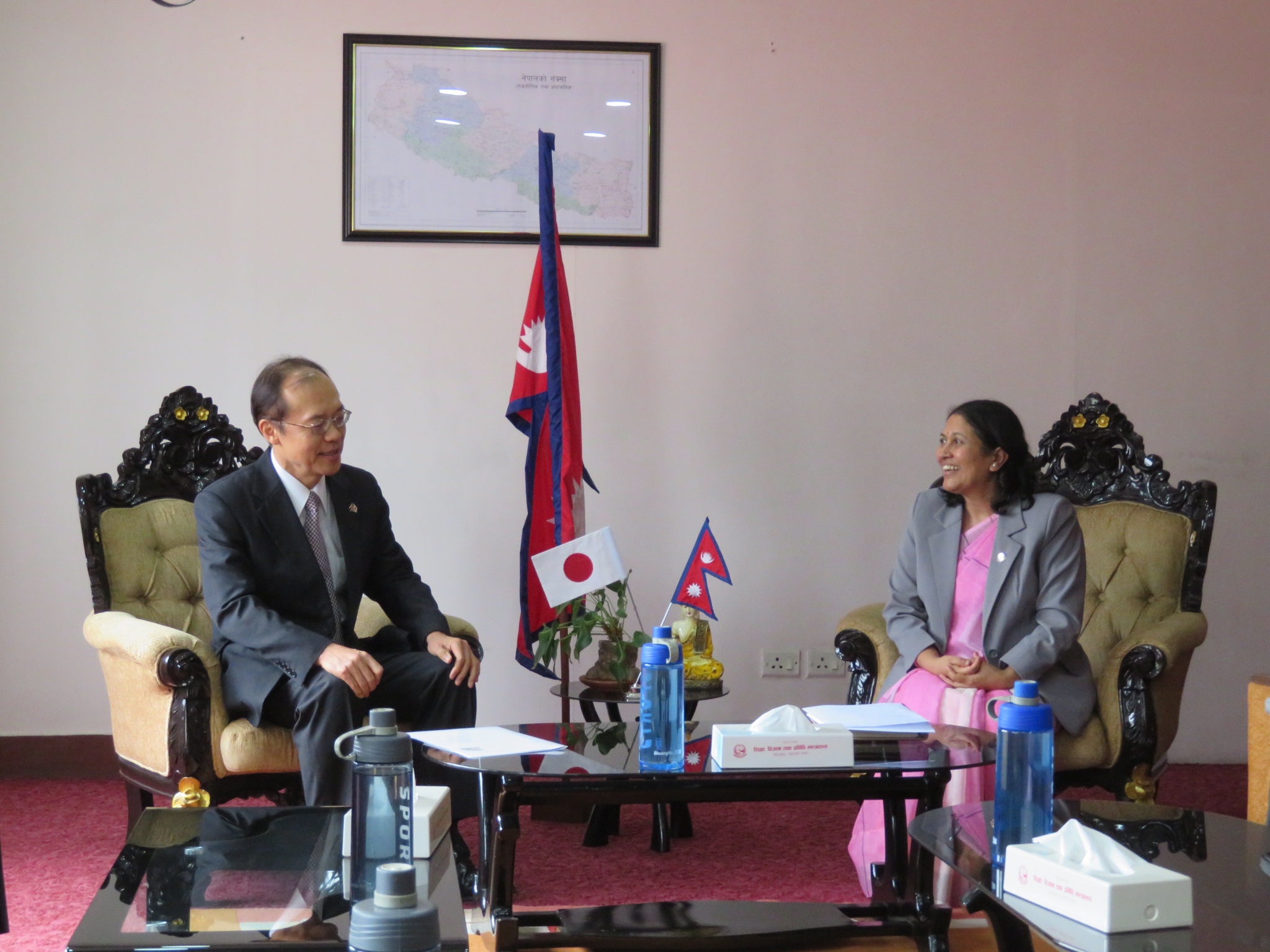
OR
Opinion
Five Major Lessons for Development Sector in 2022
Published On: January 23, 2023 10:00 AM NPT By: Sudarshan Neupane


Sudarshan Neupane
Sudarshan Neupane is an Australian Awards Alumni from Nepal, currently associated with Terre des hommes Foundation in Bangladesh. Views are personal.sudarshan.neupane@hotmail.com
As the entire world is busy making plans for the new year, I took some time over the weekend to reflect on the major lessons learned in 2022. While last year was a remarkable one for us as development workers with the massive breakthrough in the COVID-19 pandemic response that permitted the resumption of the disrupted services such as education and health among all other essential ones. Just when lopsided economies started to show positive developments, the war between Ukraine and Russia in February shook the entire world. Consequently, inflation became a top worrying global concern followed by poverty, social inequality, unemployment, and the rise of crime and violence with the worsening political situation in Myanmar and Afghanistan to name a few. Despite all that, there are also wonderful things that happened in 2022 and I will focus more on the key aspects that were predominantly noteworthy in the development sector. I have picked five of them as major lessons stemming from my personal and professional experience.
1. Digitalization is the next 'must have'
Whether we feel ready or not, there was plentiful evidence that highlighted the need for the development sector to go digital. The earlier we get on board with this process the better it would be for the growth and impactful contribution from the institutional support point of view. Nepal has taken some impressive strides on the digitalization front and there was some outstanding work on health, social protection, telecommunications, education, and entrepreneurial services. I am proud to have witnessed one such approach called integrated e-diagnostic application (IeDA) that has shown impressive improvements in the quality of care in resource-constrained geographies by improving diagnosis and treatment of sick children and strengthened healthcare performance in Burkina Faso, India, and other developing countries. The scoping we did in Nepal showed a positive and favorable environment for such systemic change in the country.
2. Localization gained central focus in development aid
In the shrinking aid situation of development funding, a lot of institutional donors and development partners have shifted their focus toward localization and even shared their strategy to support that agenda. While some welcome it as a new trend, critics consider it to represent a colonial mindset and support the supremacy of the global north. Now, admittedly there is mayhem and confusion about how it is going to impact the development sector in real work. In principle, I think it is a much-needed paradigm shift for ensuring equitable and efficient mobilization of development aid.
3. Interdependence for more cohesive and inclusive development
One of my major learnings in 2022 has been that we should gradually shift our focus from being so-called independent toward more interdependence. In the changed context of development that is so dynamic and intertwined with several factors coming into play, there is even more need for proper collaboration and appropriate functioning of various systems to systemically address the deep-rooted discrimination on the basis of gender, ethnicity, disability, sexual orientation, religion, impoverish situations and dismantle ever-present harmful norms and practices.
4. Generating evidence is crucial for successful policy advocacy
Another eye-opening realization in 2022 has been that we should have our perks carefully examined before we consider it as a fantastic example of a 'successful model' achievement in the evidence-led policy-making front. It is not enough to have several policies that are not designed properly and do not have a strong evidence base due to a lack of precision about the practical implementation. Ideally, there is a dire need to have independent evaluations led by more neutral agencies (academic institutions) that follow the ethical review and scientifically analyze various factors that positively or negatively affected the intervention. Otherwise, our policy advocacy will remain a paper tiger.
5. Innovation is the guard to foster creative solutions to ever-evolving challenges in the humanitarian sector
In the global funding crisis when civil society organizations are constantly striving to find a unique place in the shrinking civil space, some organizations have already established innovation as a key focus and started to put mechanisms in place to foster innovation for both internal viability and bigger impacts. Without giving space for innovation and creative solutions, it is certain that organizations will die down as they will be seen as inadequate and even irrelevant to provide solutions in the fast-speed globalization situations in which we operate. I am proud to be associated with an organization that has established a proper framework and promotes innovation by supporting financially to pilot simple and effective solutions to bigger global-level problems such as healthcare waste management or handwashing behavior change. I am personally inspired by this focus on innovation, and I am fully assured that it will offer a major shift to not only challenge the status quo but also significantly improve the quality of delivery of services by development partners in the coming months and years.
You May Like This

Deus in Machina
Silicon Valley has digitized everything but religion. Will that change in the future? ... Read More...

Revolution in digital age
There will first be a few revolutionaries, who are joined by hundreds of thousands then supported by millions. It happens... Read More...

Digital accelerator: Revving up govt in Asia
Asia’s digital revolution shows no signs of slowing down. From e-commerce giants like China’s Alibaba and Japan’s Rakuten to ride-hailing,... Read More...











Just In
- Japanese envoy calls on Minister Bhattarai, discusses further enhancing exchange through education between Japan and Nepal
- Heavy rainfall likely in Bagmati and Sudurpaschim provinces
- Bangladesh protest leaders taken from hospital by police
- Challenges Confronting the New Coalition
- NRB introduces cautiously flexible measures to address ongoing slowdown in various economic sectors
- Forced Covid-19 cremations: is it too late for redemption?
- NRB to provide collateral-free loans to foreign employment seekers
- NEB to publish Grade 12 results next week







Leave A Comment